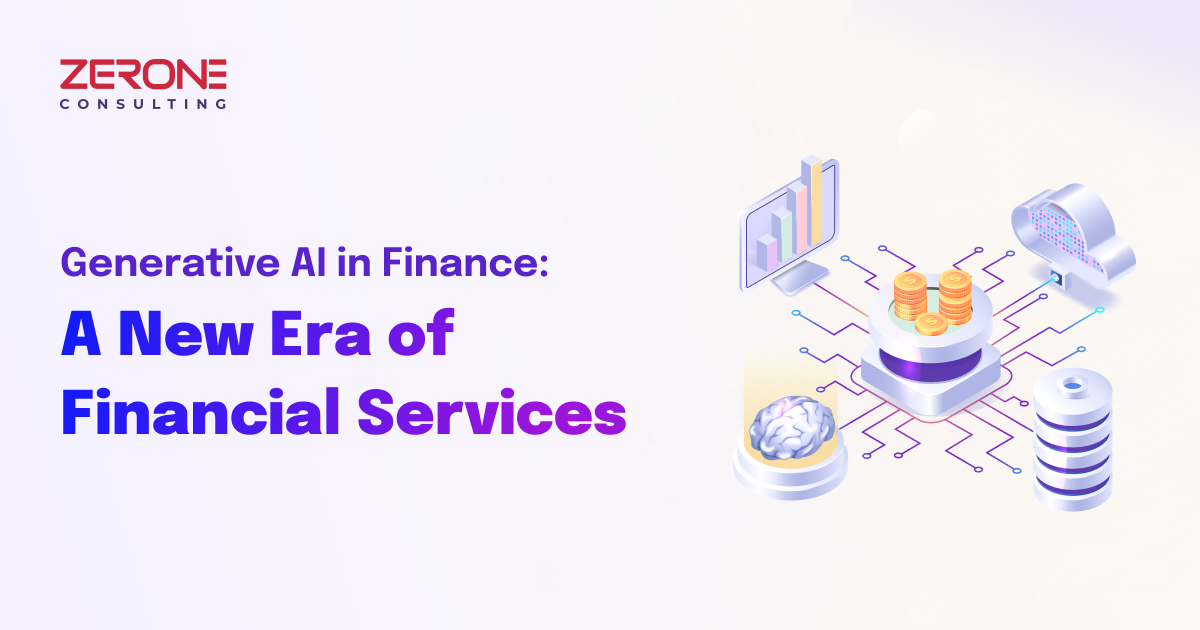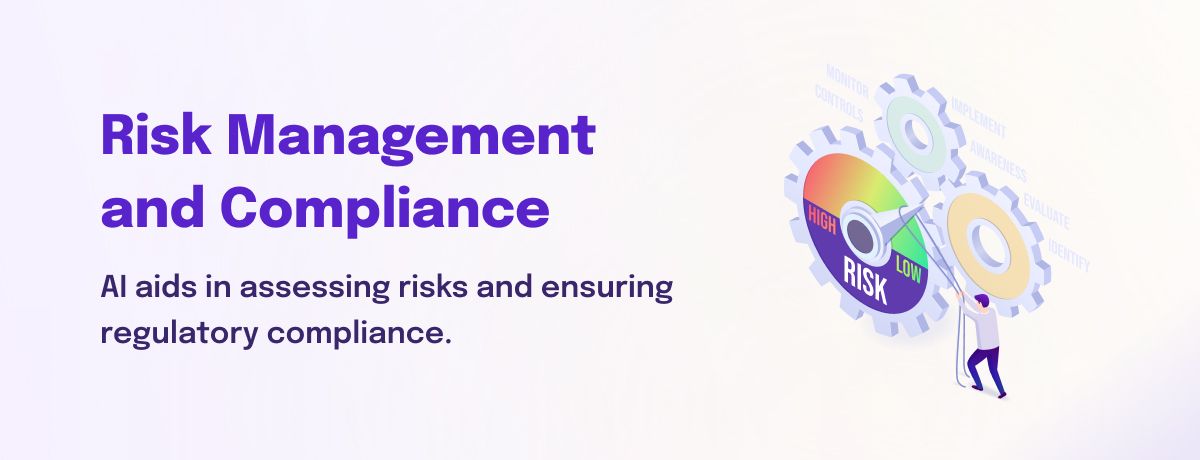In the finance sector, a quiet revolution is underway, driven by generative artificial intelligence (AI). This is not just a tale of machines and algorithms; it's a story of how technology is redefining the very fabric of financial services, making them more secure, efficient, and adaptive to our evolving needs. From detecting the subtlest signs of fraud to making split-second trading decisions, generative AI is reshaping the landscape of finance.

A New Vanguard in Fraud Detection
In the high-stakes world of finance, the battle against fraud is relentless. Generative AI has emerged as a formidable ally in this fight. With its ability to analyze vast arrays of transaction data and identify patterns imperceptible to the human eye, AI is changing the game. Banks and financial institutions are now armed with AI systems that can predict and prevent fraudulent activities before they inflict damage. This isn't just about protecting assets; it's about fostering trust and security in the financial ecosystem.

Automating Trading: The AI Edge
The trading floor, once characterized by the chaotic cacophony of traders, is increasingly governed by the quiet efficiency of algorithms. Generative AI has found a niche in high-frequency trading, where it's not just about processing information quickly, but also about anticipating market movements and making decisions in fractions of a second. This AI-driven approach to trading is not just about speed; it's about the strategic, intelligent analysis of market trends and data.
Redefining Risk Management and Compliance
In finance, risk is a constant companion, and managing it effectively is crucial. Generative AI steps in as a sophisticated tool for assessing and managing financial risks. By analyzing historical data and current market trends, AI systems can forecast potential risks and suggest mitigation strategies. Furthermore, in an industry heavily regulated and compliance-driven, AI aids in ensuring adherence to laws and regulations, automating complex compliance processes, and keeping institutions on the right side of governance.

The Road Ahead: Opportunities and Challenges
The journey of integrating AI into finance is not without its complexities. Issues like data security, algorithmic transparency, and ethical considerations in automated decision-making are at the forefront of discussions. As we navigate this new era, the finance industry must balance the pursuit of innovation with the imperatives of ethical responsibility and regulatory compliance.
Conclusion
Generative AI is not just a tool in the financial toolkit; it's becoming the bedrock upon which modern financial services are built. As we venture deeper into this digital renaissance, the finance sector stands on the brink of profound transformation. The potential of AI to redefine the industry is immense – from enhancing the accuracy of credit scoring systems to revolutionizing wealth management with personalized investment strategies.
In this exciting journey, the role of human oversight and ethical AI governance cannot be overstated. As much as AI is about algorithms and data, it's also about people – the consumers, the investors, the everyday users whose lives are impacted by these technologies. The true success of AI in finance will be measured not just by the efficiency it brings or the profits it generates, but by how well it serves humanity, democratizes financial services, and contributes to a more equitable economic landscape.